In an era where environmental responsibility is not just commendable but essential, businesses are increasingly seeking ways to demonstrate their commitment to sustainable practices. One effective method is obtaining a sustainable certification, which serves as a testament to a company’s dedication to environmental stewardship and social responsibility. These certifications not only enhance a company’s reputation but also provide a competitive edge in a market that values sustainability.
B Corporation (B Corp)
The B Corporation certification, awarded by the non-profit B Lab, is a comprehensive certification that assesses a company’s entire social and environmental performance. To achieve this certification, businesses must score a minimum of 80 out of 200 points on the B Impact Assessment, which evaluates factors such as governance, workers, community, environment, and customers. Additionally, companies must integrate B Corp commitments into their governing documents and undergo recertification every three years. As of 2025, over 9,500 companies across 160 industries in 102 countries have achieved B Corp certification, reflecting a global commitment to sustainable business practices.
LEED (Leadership in Energy and Environmental Design)
LEED is a globally recognized green building certification program developed by the U.S. Green Building Council. It provides a framework for healthy, highly efficient, and cost-saving green buildings. LEED certification is available for all building types and phases, including new construction, interior fit-outs, operations and maintenance, and core and shell. The certification process involves earning points across several categories, such as energy use, water efficiency, indoor environmental quality, and materials selection. As of 2024, there were over 195,000 LEED-certified buildings worldwide, demonstrating the program’s extensive reach and impact.
ISO 14001
ISO 14001 is part of the ISO 14000 family of standards and focuses on environmental management systems (EMS). It provides a framework that organizations can follow to set up an effective EMS, aiming to improve resource efficiency, reduce waste, and lower costs. ISO 14001 is applicable to any organization, regardless of size or industry, and emphasizes continual improvement and compliance with environmental legislation. By adopting ISO 14001, businesses can enhance their environmental performance and gain a competitive advantage in the marketplace.
Rainforest Alliance Certification
The Rainforest Alliance certification focuses on sustainable agriculture, forestry, and tourism. It aims to conserve biodiversity and ensure sustainable livelihoods by transforming land-use practices, business practices, and consumer behavior. The certification involves rigorous standards that address social, economic, and environmental criteria, including ecosystem conservation, wildlife protection, and fair treatment of workers. Businesses that achieve Rainforest Alliance certification demonstrate a commitment to responsible sourcing and sustainable supply chains.
Blue Angel
The Blue Angel is a German certification for environmentally friendly products and services. It covers a wide range of product groups, including paper products, building materials, furnishings, and cleaning agents. The certification is awarded to products and services that are environmentally friendly and meet high standards of health protection and occupational safety. By obtaining the Blue Angel certification, businesses can showcase their commitment to environmental protection and gain the trust of environmentally conscious consumers.
Oeko-Tex Standard 100
Oeko-Tex Standard 100 is a globally recognized certification for textiles tested for harmful substances. It ensures that textile products are free from substances that may be harmful to human health. The certification covers all stages of production, from raw materials to finished products, and is applicable to a wide range of textile products, including clothing, home textiles, and accessories. By achieving Oeko-Tex Standard 100 certification, businesses can assure consumers of the safety and quality of their textile products.
Conclusion
Incorporating a sustainable certification into your business strategy is a powerful way to demonstrate environmental responsibility and gain a competitive edge. Whether it’s the comprehensive assessment of B Corp, the building-focused LEED certification, or the product-specific Blue Angel and Oeko-Tex certifications, each offers unique benefits that can enhance your company’s reputation and operational efficiency. By committing to sustainability through recognized certifications, businesses not only contribute to environmental protection but also position themselves as leaders in a market that increasingly values sustainable practices.
Learn more directly at Friend of the Earth.



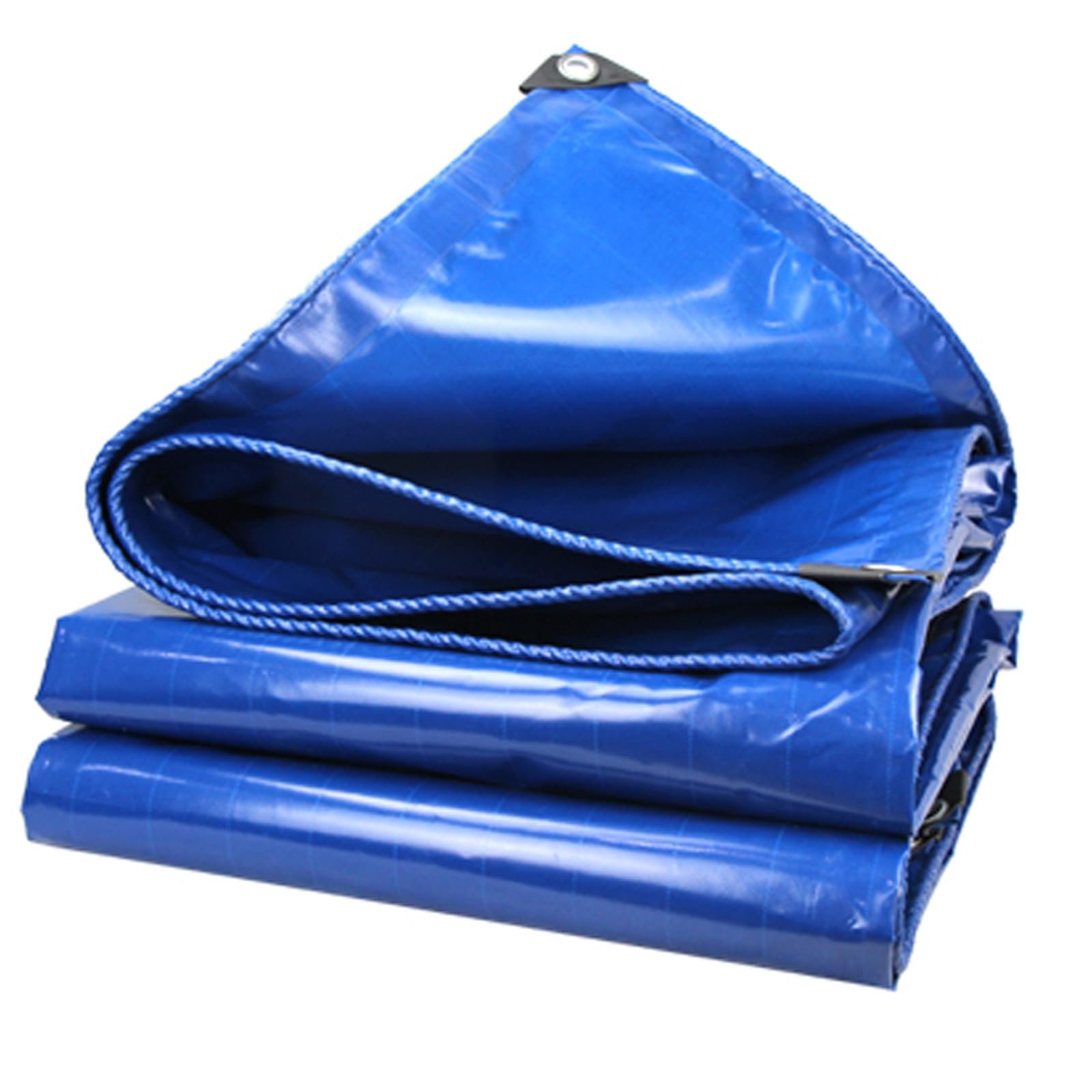
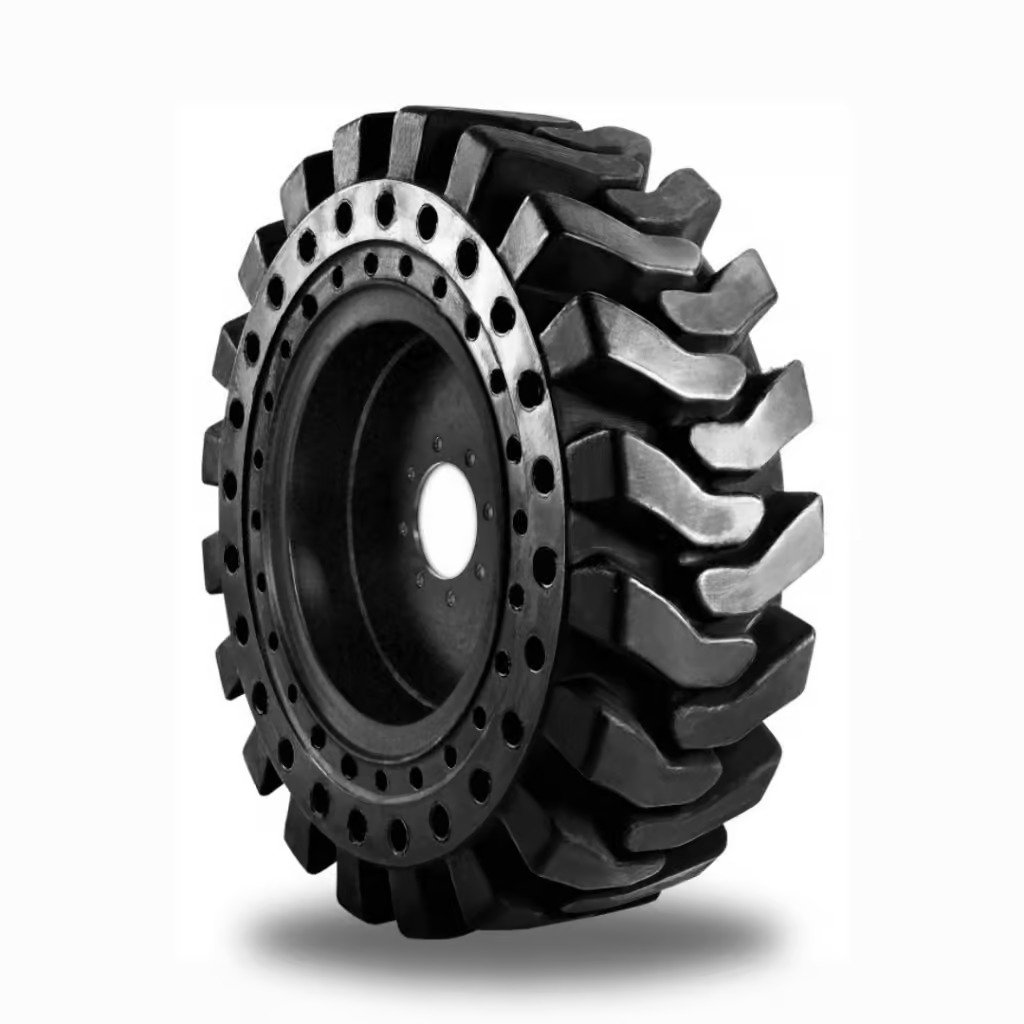




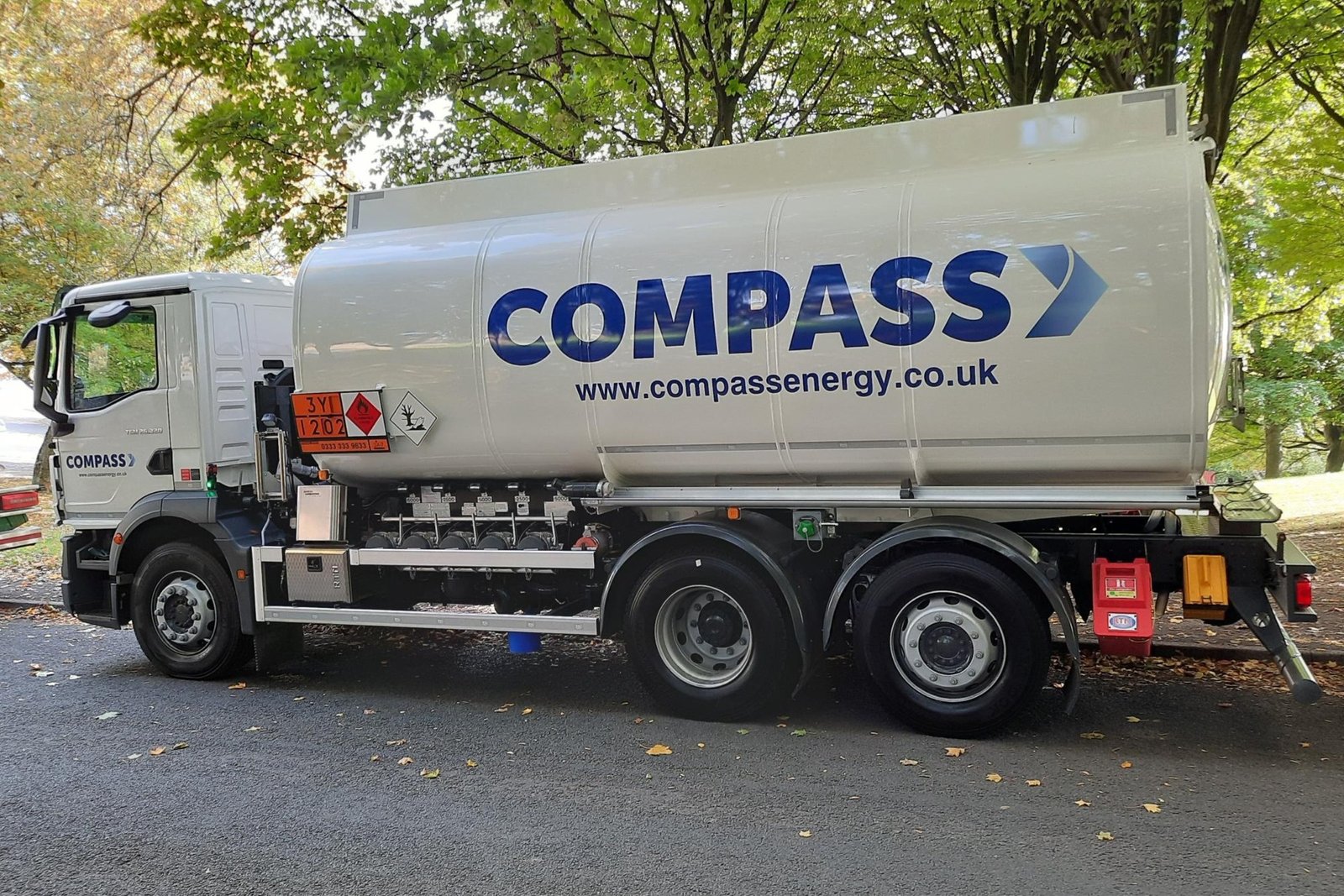
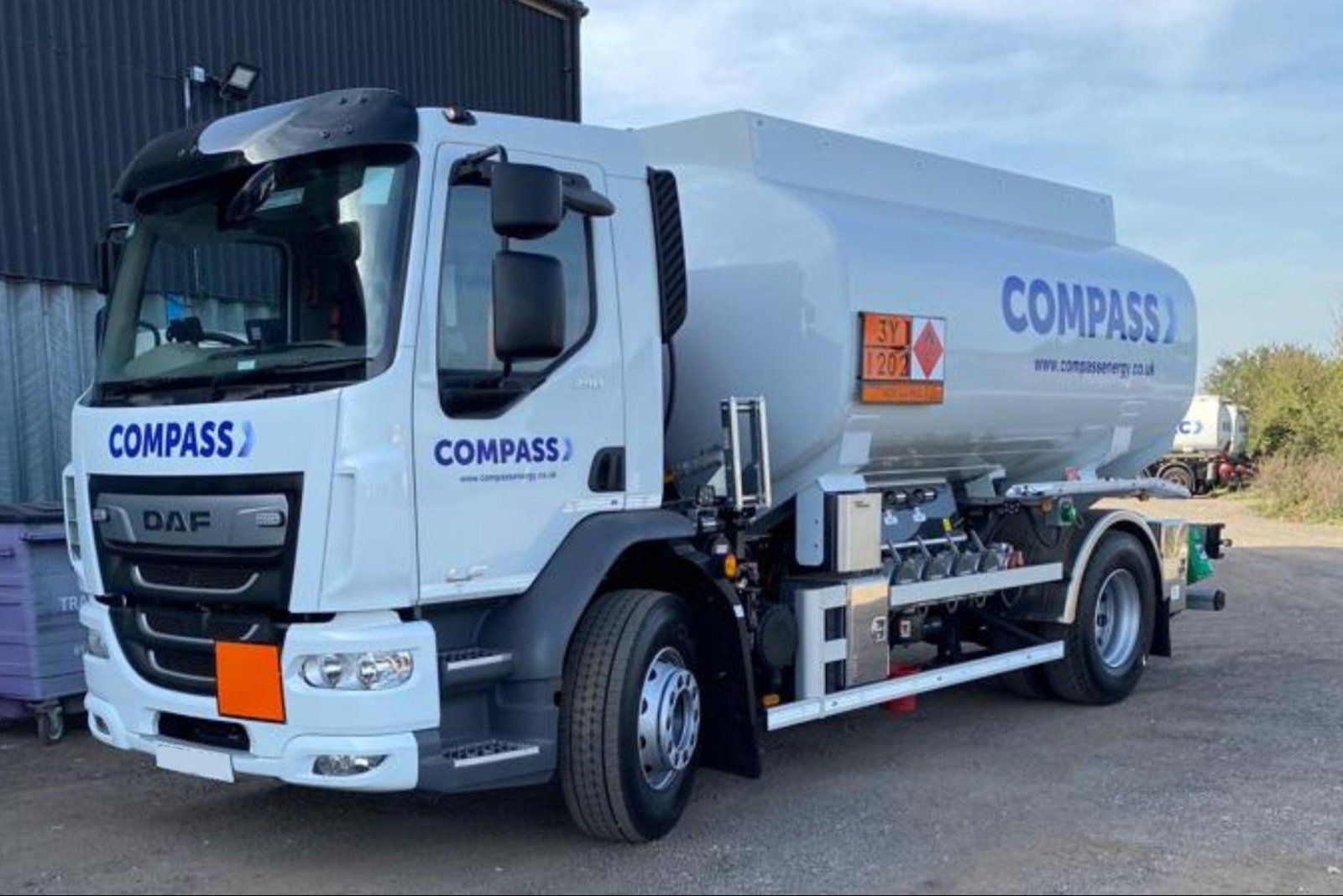
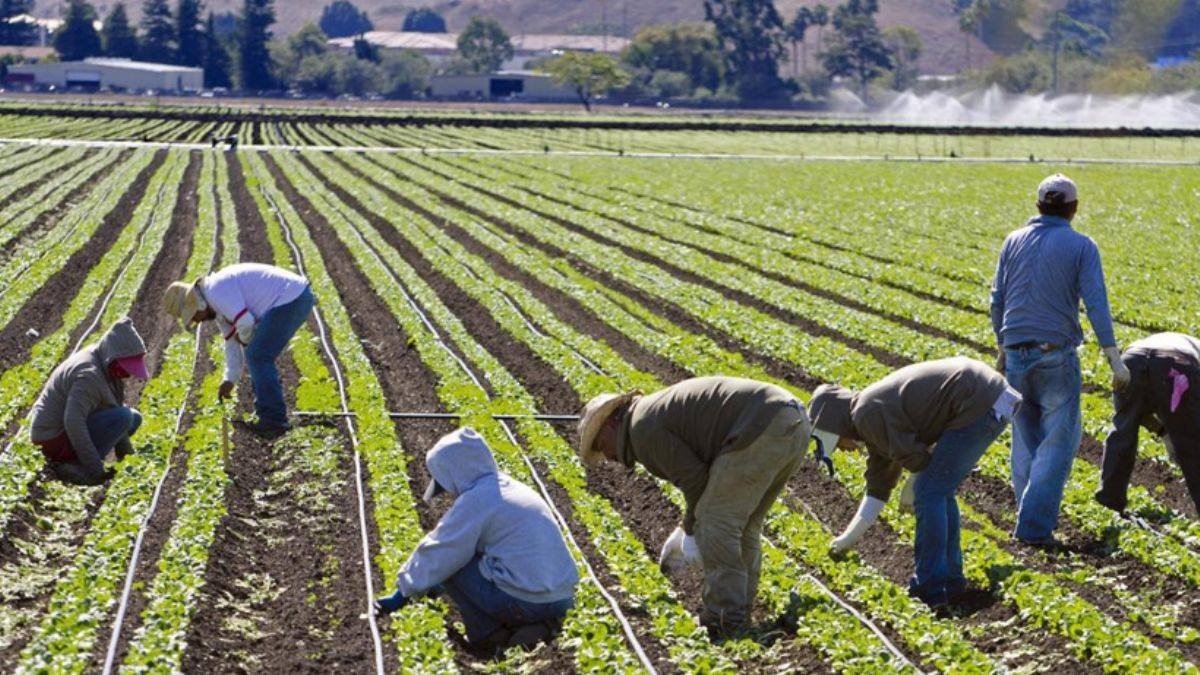
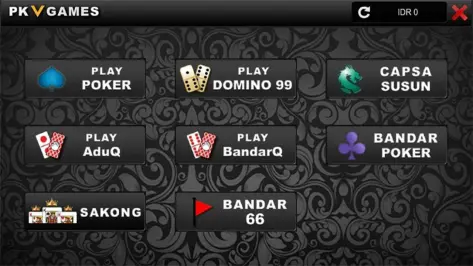

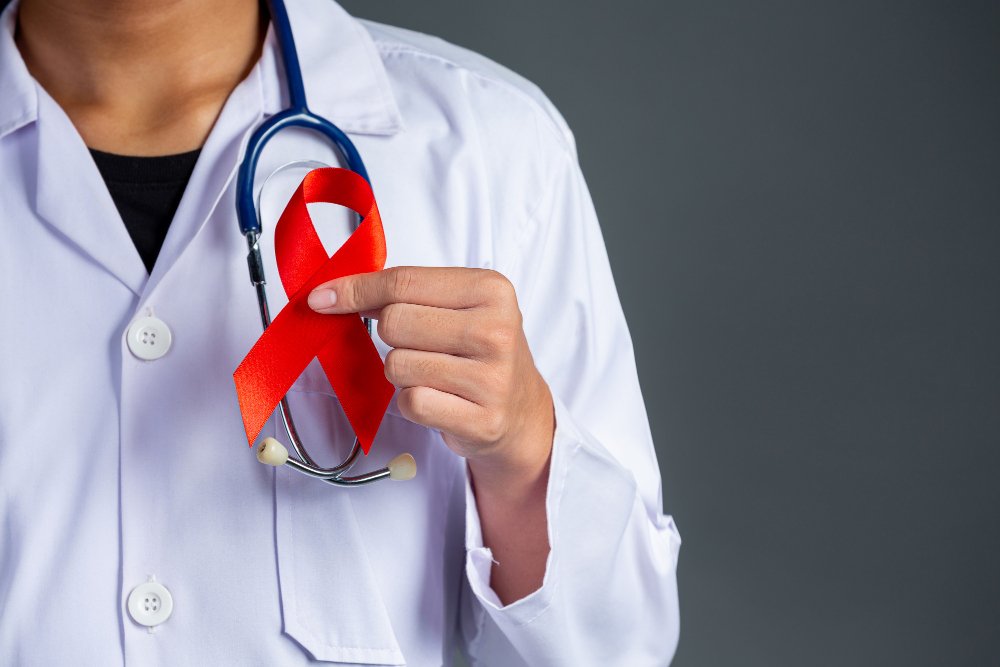
Leave a Reply